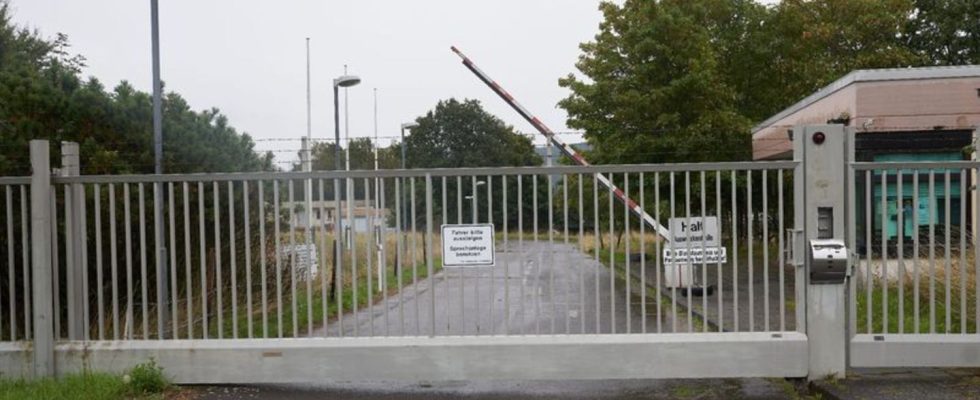justice
Cyberbunker gang from Traben-Trarbach: BGH examines judgments
The site of the former Bundeswehr bunker in Traben-Trarbach, which became known as the cyberbunker. photo
© Thomas Frey/dpa
Almost four years ago, hundreds of police officers dig out the first German Darknet center in a former bunker. Eight suspects receive prison sentences. But neither side accepted the verdict.
All eight defendants and the public prosecutor’s office appealed. The Federal Court of Justice (BGH) in Karlsruhe is therefore dealing with the Traben-Trarbach cyber bunker today.
Server with two million gigabytes of data
A look back: In autumn 2019, after five years of investigations, hundreds of police officers dug up a high-security computing and data processing center in a former NATO bunker on a former military site. They secured 886 physical and virtual servers with two million gigabytes of data. According to the court’s findings, the cyberbunker was a “bulletproof hoster”.
The operators had advertised under the company name Cyberbunker with a data center that was secure from access by the police. Apart from child pornography and terrorism, everything can be done there. For 2000 euros per year you could rent a website in one offer. The customers remained anonymous. No contracts had to be concluded. And if there were reports of abuse, customers were offered a “stealth cloak service” to disguise computer addresses.
The general public prosecutor’s office in Koblenz accused four Dutchmen, three Germans and one Bulgarian of being responsible; they are now between the ages of 23 and 63. It was the first time in Germany that operators of criminal platforms on the dark web were on trial.
The ringleader was therefore a Dutchman who had bought the old Bundeswehr bunker in 2013 for 450,000 euros. Gradually, the gang grew. There was a hierarchy, everyone had a fixed role. For example, a German worked as an accountant, and according to the indictment, the Dutchman’s two sons were administrators for customer orders and IT. Sentences ranged from one year’s probation to five years and nine months.
Both sides disagree
According to the Attorney General’s Office, the seven men and one woman were also guilty of aiding and abetting crimes committed by their clients. However, the regional court did not follow this after 79 days of negotiations in more than a year.
Although almost everyone knew that their customers used the servers for criminal acts, said the presiding judge Günther Koehler at the verdict. “But general knowledge that illegal services are being hosted is not enough for the collaborator’s intent.” They should have known about each specific main crime. However, almost all of them claimed to have known nothing about the illegal content on the rented servers. From the point of view of the court, however, they were aware of the general business model.
The prosecutor’s office didn’t go far enough. She mainly opposes the partial acquittals. The defendants in turn appealed against the verdict because, according to their interpretation of German and EU law, as web hosts they were not responsible for the content of the servers they operated. It is unclear whether the third criminal division at the BGH will make a judgment on Thursday.

